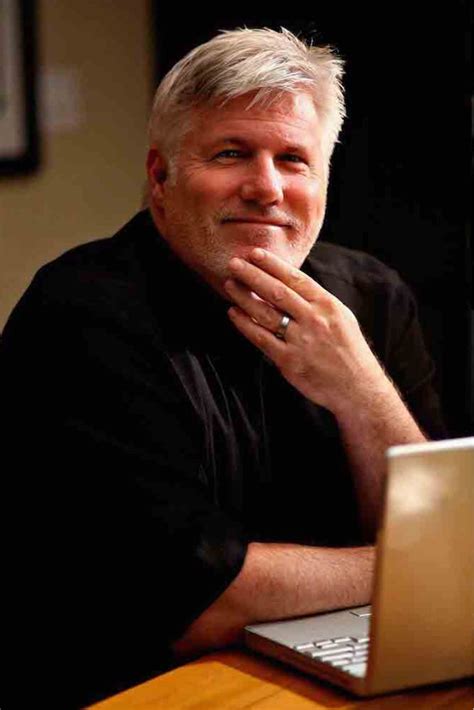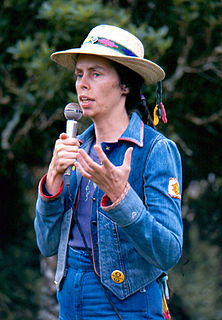A Quote by Frederick Lenz
They've destroyed their environment, by and large. They've eliminated most other species on the planet, which is just an indication of their sloppiness and their deadness and their oblivion - but even more so, they've cut themselves off from happiness.
Related Quotes
We are living as if we had three planets' worth of resources to live with rather than just one. We need to cut by about two-thirds our ecological footprint. For that we need one planet farming as well as one planet living - one planet farming which minimises the impact on the environment of food production and consumption, and which maximises its contribution to renewal of the natural environment
The widespread abuse of prisoners is a virtually foolproof indication that politicians are trying to impose a system--whether political, religious or economic--that is rejected by large numbers of the people they are ruling. Just as ecologists define ecosystems by the presence of certain "indicator species" of plants and birds, torture is an indicator species of a regime that is engaged in a deeply anti-democratic project, even if that regime happens to have come to power through elections.
Each of these [bacterial] species are masterpieces of evolution. Each has persisted for thousands to millions of years. Each is exquisitely adapted to the environment in which it lives, interlocked with other species to form ecosystems upon which our own lives depend in ways we have not begun even to imagine.
The last start of spring training, my (cut fastball) was okay. It just wasn't what I wanted it to be. I tried to work on making it cut more and do more. I think that set (the forearm) off ... trying to make it move a lot, cut a lot. I'm just going to back off and trust it a little bit more and not try and push that.
Hatred is like a long, dark shadow. Not even the person it falls upon knows where it comes from, in most cases. It is like a two-edged sword. When you cut the other person, you cut yourself. The more violently you hack at the other person, the more violently you hack at yourself. It can often be fatal. But it is not easy to dispose of. Please be careful, Mr.Okada. It is very dangerous. Once it has taken root in your heart, hatred is the most difficult think in the world to shake off.
My aim is to advocate that we make this mental switch in respect of our attitudes and practices towards a very large group of beings: members of species other than our own - or, as we popularly though misleadingly call them, animals. In other words, I am urging that we extend to other species the basic principle of equality that most of us recognize should be extended to all members of our own species.



































